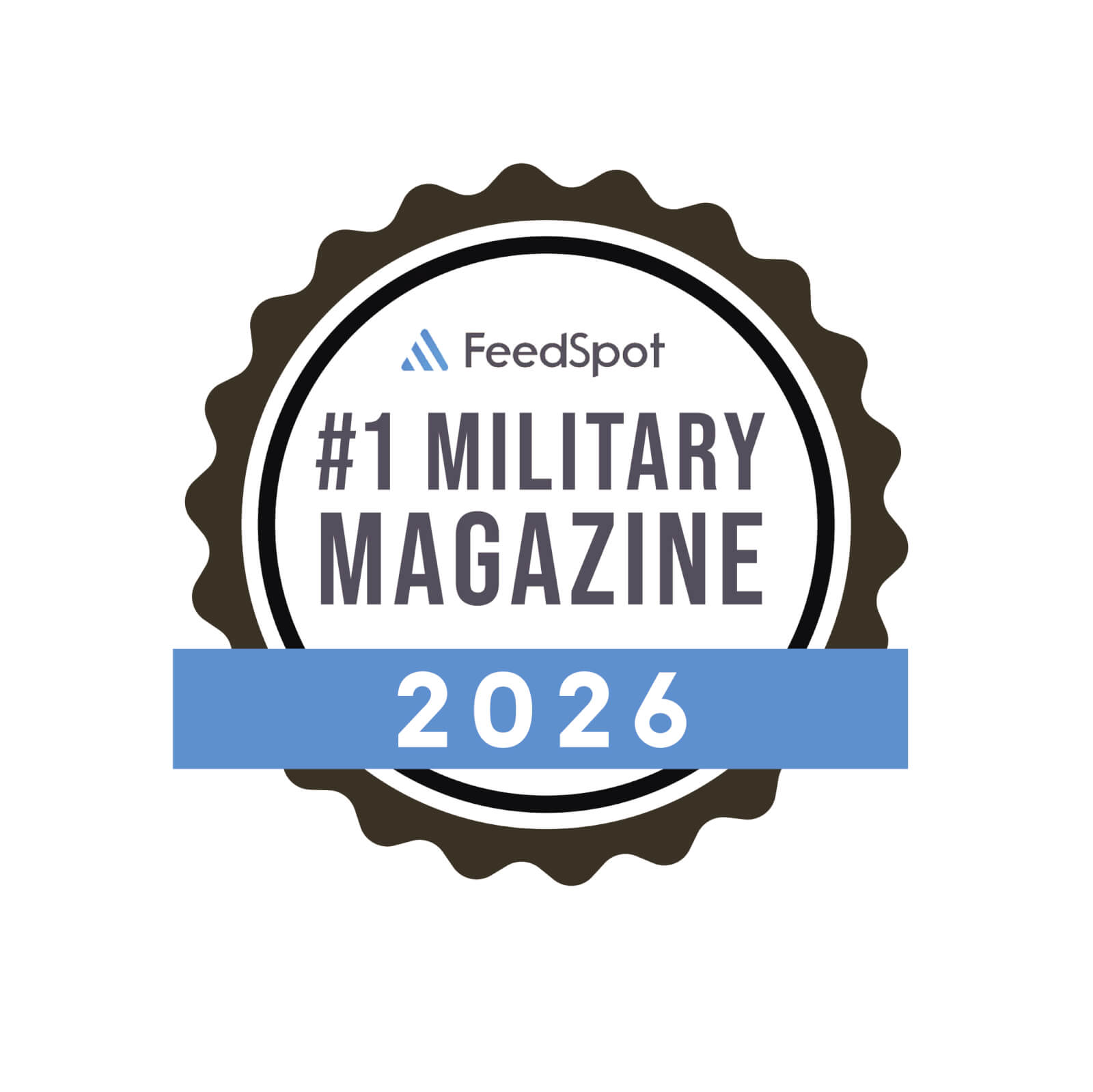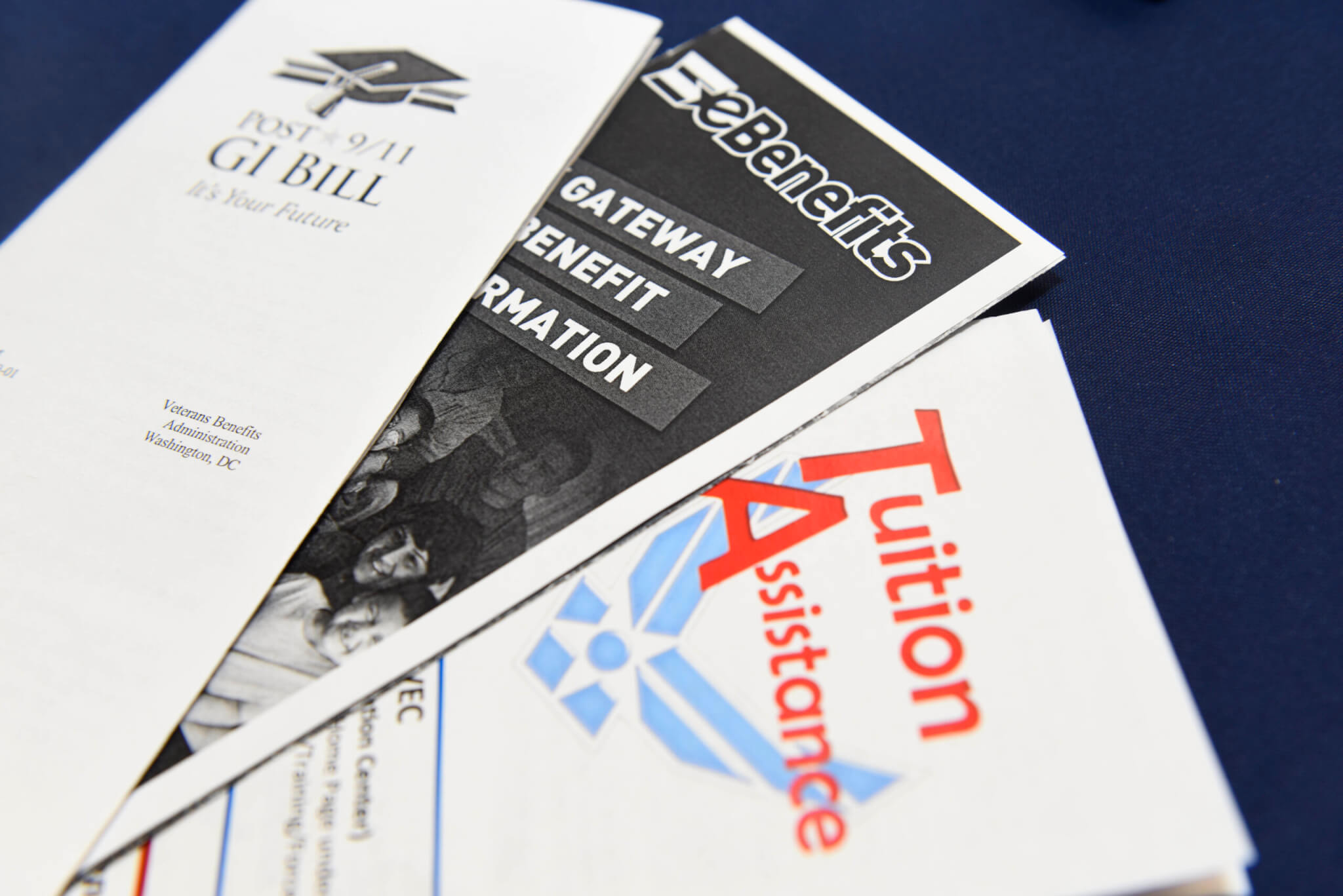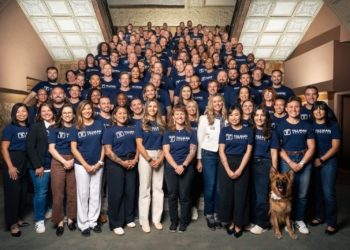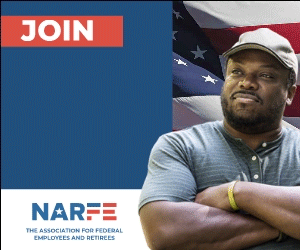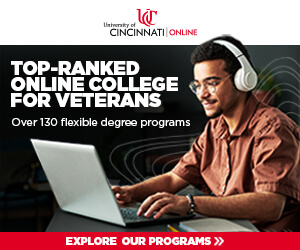The GI Bill is arguably the best benefit veterans receive from military service, and the first stop for a lot of transitioning service members is college. But where to attend?
Should you go online, in person or some combination of both? A Google search of “veteran friendly” universities gets overwhelming fast, and you’ll be inundated with ads, catchy phrases, and marketing urging you to use your GI Bill. The first step to beginning any mission is to have the end in mind — and that includes education. To cut through all the noise, here are five things to look for when starting your educational journey.
1. Veteran resource center
Veterans want a place to feel at home and a location to connect with other veterans. That’s why colleges across the country, from small community colleges to big universities, have student veteran resource centers. It is a place to grab a cup of coffee, share resources, and form community.
2. Credit for your military training
You’ve been through training, classes, and a lot of informal and formal education in your military service. Request your Joint Services Transcripts if you’re from the Army, Navy, Coast Guard, or Marines, and if you’re Air Force, submit a request to the Community College of the Air Force. Ask the college how much credit your military experiences get you and about their credit transfer policies.
3. Active Student Veterans of America chapter
An SVA chapter will host events, both professional and social, and provides a peer network on campus. I made great friends my first meeting, networked, and volunteered. We had professional workshops and did happy hour together; social media can direct you to what the SVA chapter is up to.
You can also attend a meeting or an event when you’re thinking about your school choice. Talk to the members, they’ll be honest about the pros and cons of the institution and their experiences.
TIP: SVA chapters can be found on SVA’s website.
4. Successful career center
College isn’t the end goal; your education is a stepping stone. I’ve seen veterans work hard, excel, and graduate without thinking about the next stage. Then they walk across the graduation stage and think, “Now what?”
A career center is something a lot of veterans overlook but can provide valuable insight, internships, and career assistance. Check your school’s career center to see what students are doing after graduation, their events, and strategies for professional success.
5. The degree YOU want
What’s printed on your diploma matters. Colleges offer a wide array of majors, minors and programs and picking the one that works for your goals takes planning and consideration. Talk to people who’ve completed the degree path or are in the process of doing it. Put some thought into what you’re interested in and passionate about because your degree selection is going to determine your classes. Meet with the head of the department, look up similar degrees at other institutions to see the differences, and don’t rush into your selection.
Transitioning out of the military, moving across the country or even the world, and beginning college are big undertakings. The college you pick is a big decision and there are a lot of options out there. It’s no secret that for-profit colleges want veterans and veterans have been exploited and misled by certain institutions. There’s a lot of targeted recruiting aimed at veterans and there’s not a school out there that claims to be “Military Unfriendly” or to be a “Bad School For Vets.”
Your educational journey is your choice and should be done on your terms; veterans are nontraditional students and often have nontraditional needs. Select the right school for your goals and use your GI Bill benefits, you earned them.

